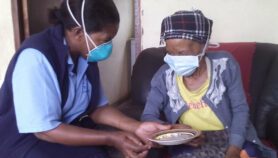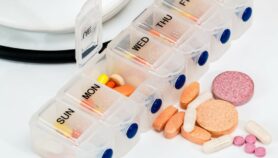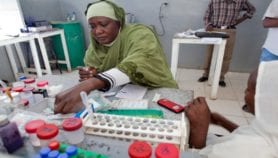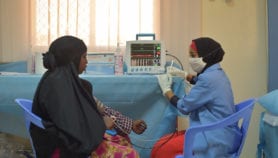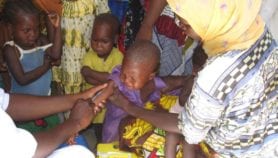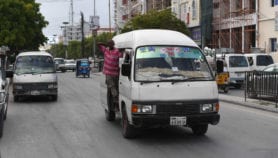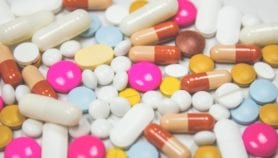21/05/19
Drug-resistant TB having heavy toll on economies
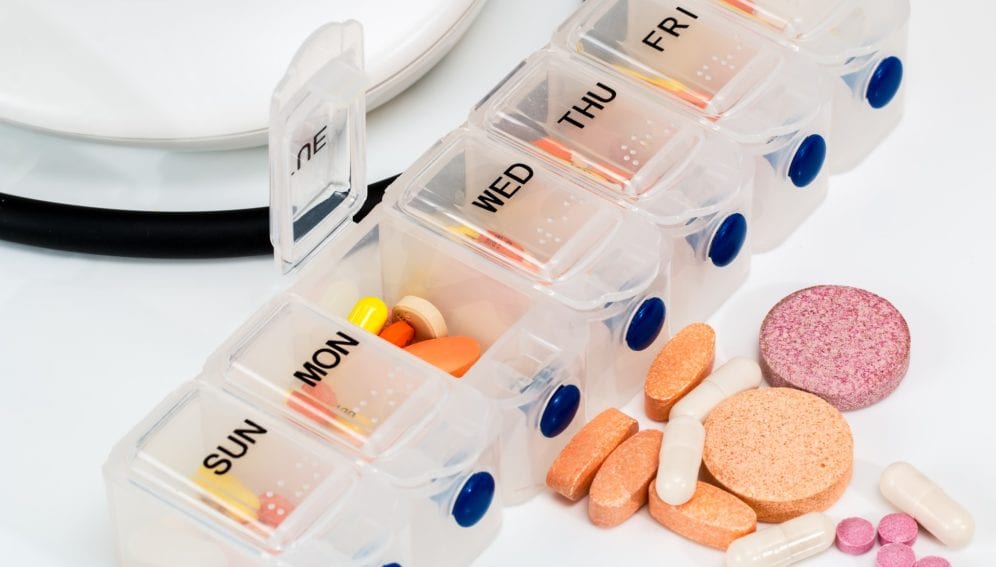
By: Baraka Rateng’
Send to a friend
The details you provide on this page will not be used to send unsolicited email, and will not be sold to a 3rd party. See privacy policy.
[NAIROBI] Drug-resistant tuberculosis deaths cost the global and African economies at least US$17.8 billion and US$2 billion a year respectively, representing losses of future goods produced and services provided, a report says.
The report calls for an urgent need to address the health menace as the world economy also loses at least US$3 billion a year due to work absences, with seven of the hardest hit countries, as a proportion of economic size, being in Sub-Saharan Africa: Botswana, Comoros, Mozambique, Namibia, South Africa, Zambia and Zimbabwe.
“We have the tools to treat and cure drug-resistant TB, so it is imperative that we focus on finding these patients.”
Cat Oyler, Johnson & Johnson
“For every year that this disease is not eliminated, these losses will accumulate, creating an ongoing drain on the economies of high-burden countries,” adds the report launched this month (7 May).
The report says that there were 558,000 cases and 230,000 deaths attributed to drug-resistant TB in 2017.

According to Rob Cooke, clinical director of the UK-based Economist Intelligence Unit, which conducted the study, the findings resulted from literature review, expert interviews and estimation of the amount that those who died of drug-resistant TB could have contributed to the economy had they not died prematurely in 2017.
The study, which was funded by Johnson & Johnson, also estimated work absences due to treatment of multi-drug resistant TB in 2018.
“These figures are conservative estimates: they do not capture losses linked to the estimated 400,000 people with this disease who are not diagnosed or treated, or the 70,000 undocumented deaths from drug-resistant TB,” the report explains.
Cat Oyler, vice-president of global health, with an emphasis on tuberculosis, Johnson & Johnson, tells SciDev.Net that drug-resistant TB contributes to a third of deaths resulting from antimicrobial resistance — the ability of microbes such as bacteria and viruses to develop resistance to drugs.
“We have the tools to treat and cure drug-resistant TB, so it is imperative that we focus on finding these patients,” Oyler tells SciDev.Net. “TB is an airborne disease and one untreated person can infect ten to15 others over the course of a single year through close person-to-person contact.”
According to the report, the global response in terms of resources and preparedness are not keeping pace with the increasing spread of the menace.
“This report gives countries the evidence they need to consider investing in drug-resistant TB,” Oyler says.



DR-TB weakens the global economy
Cooke adds that countries in Sub-Saharan Africa could be hardest-hit by future losses of gross domestic product — a country’s total value of produced goods and services provided in a single year — because of drug-resistant TB.
“For instance, Zimbabwe’s future losses from early mortality from drug-resistant TB are the greatest in relative terms, representing 0.21 per cent of its 2017 gross domestic product,” Cooke explains.
Steve Wandiga, principal research officer at the Kenya Medical Research Institute, says that Africa lacks the resources to actively identify people with drug-resistant TB for interventions, adding that having patient support centres for specific diseases instead of integrated approach also worsens the problem.
Modern medical technologies such as Gene Expert — a small automated diagnostic test machine for identify Mycobacterium tuberculosis and resistance — that give TB results in two hours are also largely lacking. But where there are a few such technologies, challenges including lack of electricity exist, especially in rural settings in Africa, according to Wandiga.
“We are understaffed, follow ups are inadequate and there are very few paramedics to supplement what doctors and nurses are doing, especially in the hard to reach patients,” Wandiga explains. “We need to know where we are and where to go from policy point of view and that is extremely urgent. We need to invest in tools for treatment, to monitor treatment outcomes and to put more funds in TB prevention, control and treatment.”This piece was produced by SciDev.Net’s Sub-Saharan Africa English desk.
References
A call to action: It’s time to end drug-resistant tuberculosis (The Economist Intelligence Unit, May 2019)




